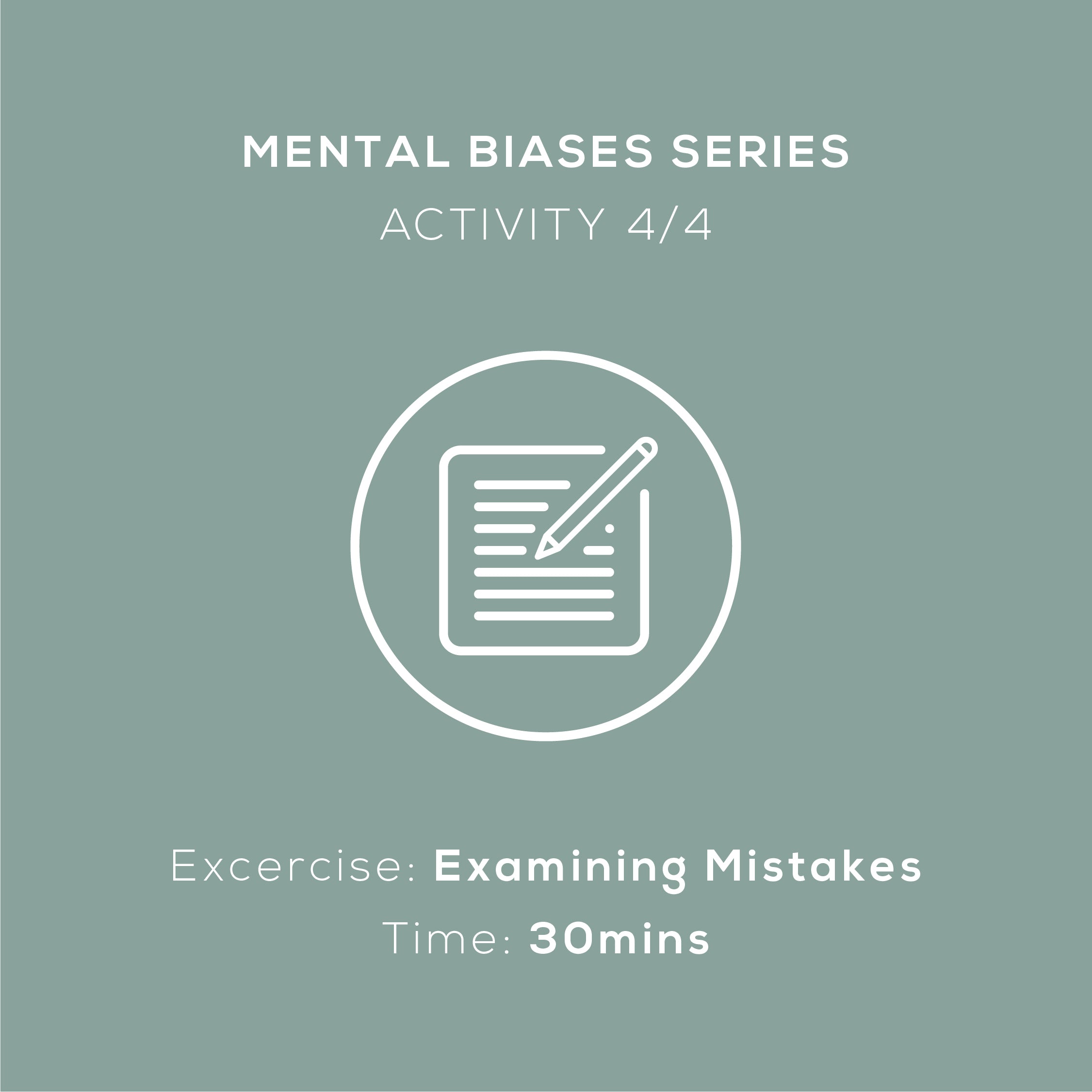What if someone told you that many of your decisions were out of your control, almost as if someone else was making them? This freaky idea may not be as far from reality as you think. Have you ever made a rapid decision without thinking? Has an answer ever popped into your mind without being able to recall the thoughts you had to achieve it? We all have right! Well these are demonstrations of your subconscious at work, where many of our thoughts actually occur outside of our awareness. In fact, the brain is capable of thousands of these thoughts in a second, determining our decisions without us having to consciously mull over them at all. #Mind-blown... What’s that? How does the brain do this? Great question... The answer is through Heuristics. Put simply, these are the ‘rules of thumb’ 👍🏻 we apply to decisions when we lack the time or ability to fully consider the issue. Consider them almost like an educated guess, in which a general rule is applied that usually gets us to the correct answer. In short, we don’t have the energy to think deeply into every decision and so for small problems our subconscious takes over, applying shortcuts that help us arrive at decisions quickly.
As with all features of evolution, making decisions by applying rules is usually beneficial. It enables us to quickly scan our environment and detect dangers, use emotions to guide decisions and prevent us from wasting energy. Take for example a friend encourages you to do something dangerous. Now, it would be pointless analysing this as your intuition alone would suggest it’s a bad idea! This gut reaction is the product of your subconscious making a judgement of risk, producing a rapid answer that determines how we go on to behave. Unfortunately, as with most good things, heuristics come with their faults. They are ultimately shortcuts that leave us vulnerable to missing information and often result in decisions being plagued with bias. What people fail to realise is that we apply these rules to nearly every judgement we face, jumping to conclusions and relying on false information to guide the way we behave. Don’t worry it’s not just you! Whilst they may help us to arrive at quick decisions, they also tend to leave us vulnerable to some annoying tricks of the mind!
So, when you consider the decisions you face and try to work out where you are going wrong, it may actually be the tricks brought about by your own subconscious. The challenge is to become aware of the biases in our thoughts, understand how they can influence the way we think and harness their benefits to make informed decisions rather than skewed or mislead ones. By putting a spotlight on the tricks our mind plays, we can improve the way we all make decisions, using accurate information rather than biased thinking to determine our behaviour.
Remember everyone is susceptible to bias; it is a typical feature of our judgements ingrained in many of our decisions. We must therefore learn to spot their influence on our thoughts, and understand how we can use them to our advantage to improve the decisions we make.
MENTAL BIASES SCHEDULE
To show some of the tricks your mind plays we have highlighted some relevant biases we think will interest you. Along with some of the issues they cause us all, we have discussed some practical tips to help you manage their influence and improve the way you make decisions.

NEGATIVITY BIAS - Ever found yourself stuck thinking about an unpleasant event or set-back? This comes from our tendency to be impacted more by negative events than by positive ones. Left unchecked, this leaves us dwelling on insults and re-playing unwanted events. To overcome this try to balance the books by attending to the positive equally. It’s important to practice spotting the positives each day so savour in a journal any compliments you receive or things you discover that fill you with that sense of joy.

CONFIRMATION BIAS - Do friends and family tend to share similar opinions to your own? We have all developed the tendency to seek out and surround ourselves with people that confirm our beliefs. The closed feedback loop this creates may help us feel confident that our views are correct, but it closes us off from being challenged and criticised. Try widening your net and seek opportunities to interact with people outside your usual circle. Just a 30-minute conversation provides the chance to take in opposing views.

AVAILABILITY BIAS - When making a prediction does the first outcome that comes to mind feel like the most likely? This is because we like to use the ‘availability’ of an outcome as a clue, when estimating how probable that outcome will be. If something springs to mind easily when we think about it, we assume it’s highly likely to occur. Sadly, this intuition can be misleading and creates errors in our predictions. To test how accurate your intuition is compare your estimates for 5 random future events to some objective statistics online!

HINDSIGHT BIAS - Ever felt frustrated for making silly mistakes you feel were predictable? We all like to look back on events and assume the outcomes that occurred were far more predictable after it’s happened, than it actually was in real time. Trouble is this prevents us from learning from our mistakes as we tend to just disregard them. Next time you make a mistake, reflect on the event by writing down other outcomes that could have happened. Examining the mistake may highlight what caused it to occur in the first place.
These are just a few of a long list of biases we tend to fall for, influencing the way we think, feel and behave. All we can do is become aware of their influence and do our best to manage them where possible!

Blog Author: Ben Oliver - Feb 8th 2021



